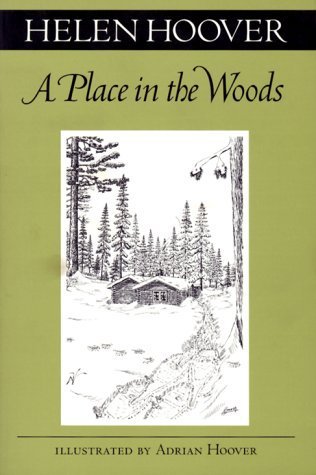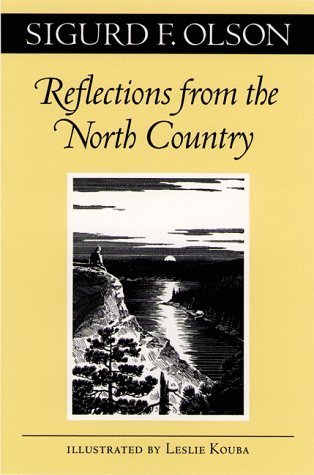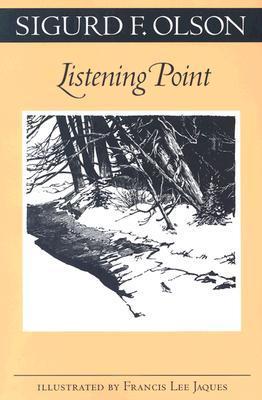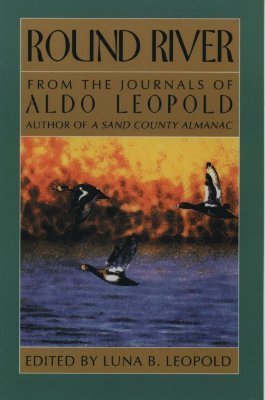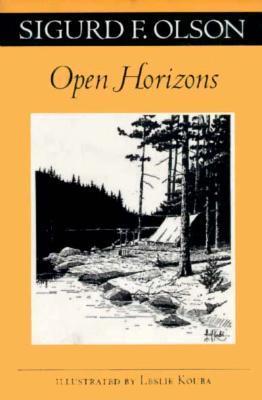
Open Horizons
Book Description
Beneath the sky’s expansive canvas, a battle rages for the soul of America’s wilderness. In "Open Horizons," Sigurd F. Olson captures the urgent struggle to preserve the pristine beauty of nature against the encroaching forces of development and pollution. With each eloquent word, the call to action resonates, igniting passion for the wild and whispering secrets of the land that can only be revealed through unwavering bravery. As the stakes rise and tensions mount, can humanity rise to protect what truly matters? What legacy will be left behind when the last wild places vanish?
Quick Book Summary
"Open Horizons" by Sigurd F. Olson is an evocative collection of nature essays that confronts the delicate balance between America's wild landscapes and the relentless advance of civilization. Blending memoir with environmental reflection, Olson draws from his deep personal experiences in untouched wilderness, revealing how nature both shapes and is shaped by human action. With captivating prose, he articulates the spiritual and existential value of open spaces, arguing that the preservation of these realms is not just an ecological duty but a profound moral imperative. As he explores the threats posed by pollution and unchecked development, Olson’s urgent call resonates: to safeguard the earth’s legacy for future generations, humanity must awaken to its responsibility as stewards of wild places.
Summary of Key Ideas
Table of Contents
The Transformative Power of Wilderness
Sigurd F. Olson’s "Open Horizons" opens with deeply personal recollections of time spent in pristine wilderness. These vivid narratives serve to illustrate the transformative effects the natural world can have on the human spirit. Olson recalls the serenity, wonder, and sense of belonging found only in untamed landscapes. Through his experiences, he makes palpable the essential human need for connection with nature—a need often unfulfilled in modern, urban life.
The Threat of Development and Pollution
As the book progresses, Olson confronts the mounting dangers facing America’s wild places. He examines the relentless march of industry, unchecked construction, and creeping pollution that threaten to erase these open horizons forever. Olson presents the rapid encroachment as not merely a loss of beauty, but as an existential threat—suggesting that as nature is diminished, so too is a vital part of humanity’s soul. The tension between preservation and progress is a constant undercurrent throughout the essays.
Human Responsibility Toward Nature
Olson insists that safeguarding the wilderness is more than a practical concern; it is a profound ethical responsibility shared by all. Drawing on philosophical and ecological principles, he argues that every individual has a role to play in environmental stewardship. By inviting readers to bear witness to both the grandeur and vulnerability of the natural world, Olson galvanizes a sense of duty that transcends simple appreciation and requires concrete action.
Spiritual and Emotional Connections to the Land
Central to Olson’s perspective is the belief in the spiritual and emotional bonds formed with the land. The essays explore how experiences in wild places can foster resilience, generate deep-seated joy, and instill humility. Olson describes these landscapes as teachers and sanctuaries, offering wisdom and solace unavailable elsewhere. Such connections, he believes, are essential for cultivating the empathy required to protect environments under siege.
Preserving Wild Places for Future Generations
In his concluding reflections, Olson looks to the future. He challenges readers to consider the legacy they will leave for generations yet unborn. "Open Horizons" ultimately becomes a call to action, urging society not only to resist the destruction of the last wild places but to actively ensure their survival. Olson’s vision is one in which humanity rises to meet the challenge, preserving something irreplaceable for all who follow.
Download This Summary
Get a free PDF of this summary instantly — no email required.


